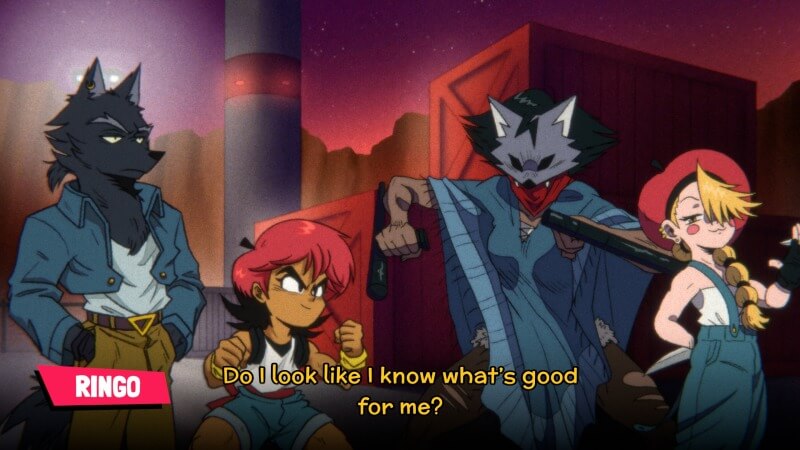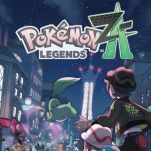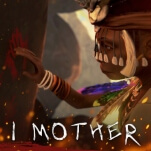You’ll Want To Tune In For Wander Stars, An RPG That Feels Like An ‘80s Anime
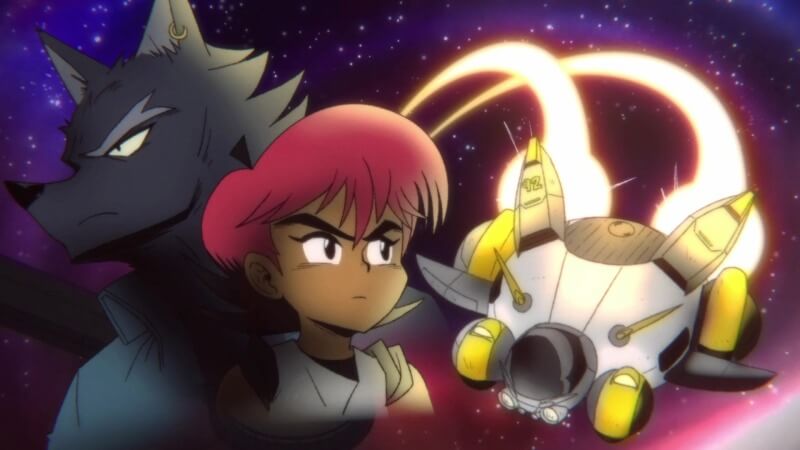
Homage can be a scary word to conjure. The world is already full of art and entertainment that can’t be separated from their influences and inspirations, but calling a work an homage carries some extra weight. It implies that a new piece is not just referencing an older work, but doing so with words boldened and sentences underlined. It’s carrying its references almost like a bow of respect to the original work. While such unabashed referencing can be good for paying respects to older art, it carries a few fundamental dangers. A balancing act starts where a creator’s unique vision begins to compete for space with a consumer’s nostalgia. Or, the new product can retroactively become less exciting should someone look up its influences after the fact and decide the latter was better. Moreover, too much respect for past works can run the risk of repeating their mistakes in a misguided sense of loyalty or blind love.
With all that being said, developer Paper Castle’s RPG Wanderstars is not simply a good homage to older anime — it’s a great one that understands exactly what was good and worth resurfacing from the period of anime it’s quoting, while also confidently realizing a unique story full of heart and comedy that’s bolstered by its word-based combat system.
In this adventure, players follow Ringo, a good-natured but sometimes naive 14-year-old who’s always ready to fight, and Wolfe, a tough exterior/soft interior beastman with a knack for stealing wallets and keeping it too real, as they travel the cosmos to find pieces of the Wanderstar map. Ringo is looking for the map in hopes of it leading to her missing older brother, while Wolfe has separate reasons that unravel over the game’s 10-episode structure. Backdropped by a head-bumping soundtrack, their adventures have them facing off against many foes—including but not limited to crustaceans that make Larry the Lobster look small, crows with knives, cacti that spend too much time on their phone, teenage witches, space pirates, and zombies—which they and their allies will fight with Kiai, the word-based martial arts.
While the look of Wanderstars is clearly inspired by anime from the ‘80s and ‘90s, like Sailor Moon, Yu Yu Hakusho, and especially Dragon Ball, and ropes in a few tropes like the classic Akira slide and muscular elders, its combat is where the RPG begins to borrow more than just aesthetics. When fighting, players form attacks by combining words—categorized by ACT (action), ELE (element), and MOD (modifiers)—within a limited number of slots to create powerful moves. For example, to create a strong kick with flame properties, you’d pick KICK from the ACT words, FIRE or FLAME from the ELE words, and BIG and/or EXTRA from the MOD words, culminating in an attack that’s read and delivered as BIG FLAME KICK. You could even do an attack like EXTRA BIG SWIFT FLAME KICK since modifiers can be stacked, unlike action and elemental words. While it’s a mechanic that could feel silly elsewhere, it’s right at home in a game inspired by anime where characters yell out their attacks as if their lives depend on it, because often it does. Plus, what’s wrong with being silly?
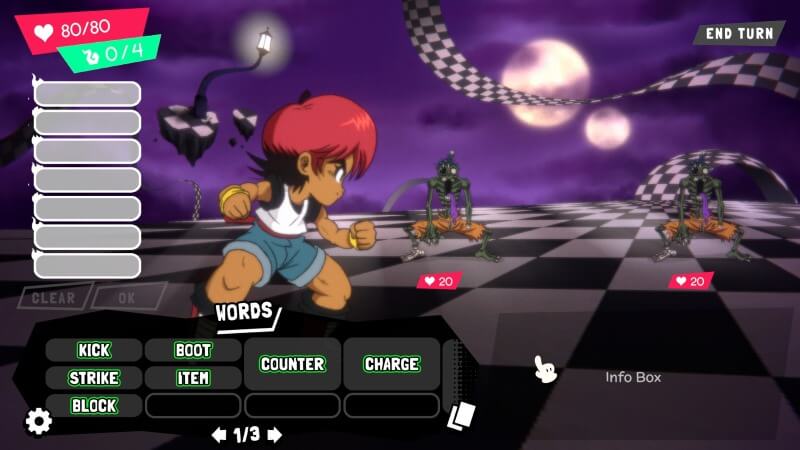
While the diversity of words and enemies alone makes this combat system praise-worthy, the extra PUNCH is a feature where, if you get an enemy’s health within a certain range, they surrender without requiring a full KO. While you can knock out every enemy you come across (you never kill anyone in this game), almost every fight can be ended via this alternative Peace Out method. This element can completely rewire the thought process behind a fight, as you’re no longer trying to reach the highest damage output you can create with a set of words, but instead playing with different combos until you find one that does a specific range of damage. There’s also an incentive to do so, as ending fights without KO’ing foes turns them into friends—because this wouldn’t be an anime-inspired RPG without your enemy immediately becoming your ally—that give you stat effects called Pep Ups. These boosts stick with you for the entire duration of an episode and can be incredibly helpful for smoother runs.
-

-

-

-

-

-

-

-

-

-

-

-

-

-

-

-

-

-

-

-

-

-

-

-

-

-

-

-

-

-

-

-

-

-

-

-

-

-

-

-

